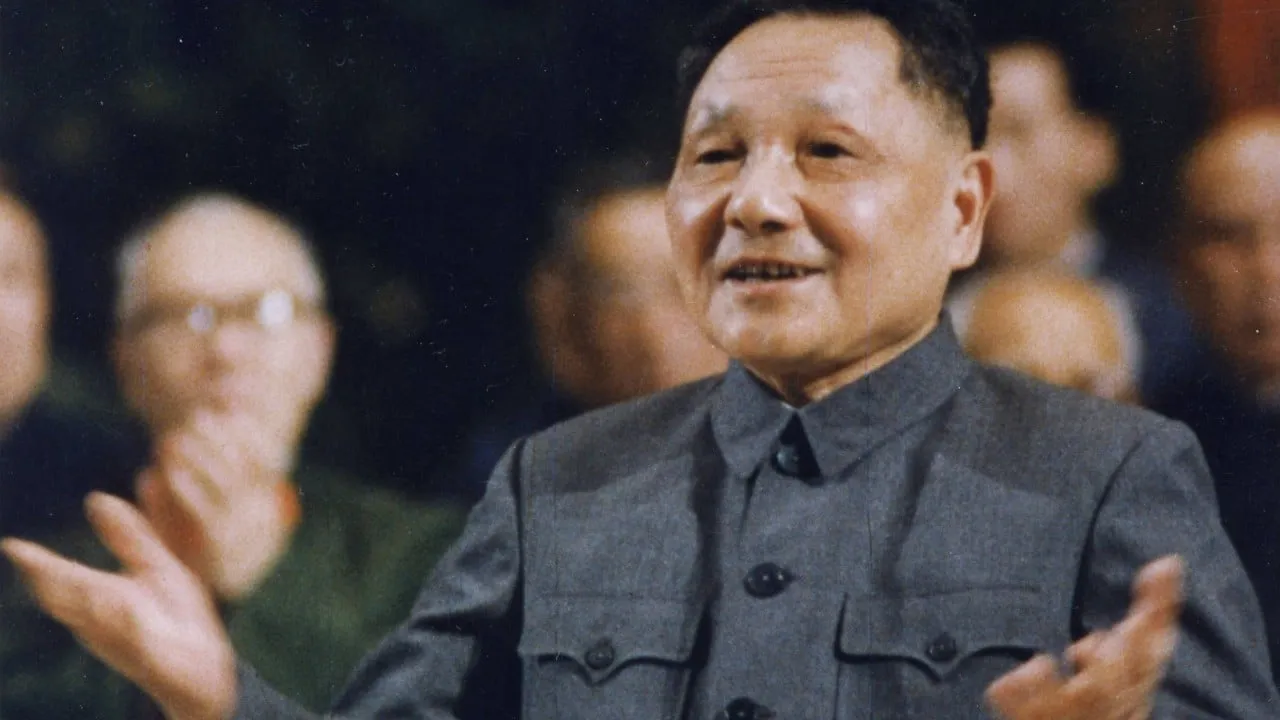Thought Emancipation: Embracing Deng Xiaoping's Framework for Economic Liberalisation in China

The Legacy of Thought Emancipation
As China prepares to celebrate the 120th anniversary of Deng Xiaoping, it’s vital to reflect on his pivotal concept of thought emancipation. This term, which transcends mere communist jargon, symbolizes the liberation of Chinese creativity from Maoist dogmas. By shedding ideological taboos, China can unleash innovative potential critical for its development.
Transforming Ideologies
In the brief span of a few years, a significant shift occurred in how the Chinese populace perceives their national framework. A transformation from an ideological mindset to a pragmatic approach facilitated the process of economic liberalisation. The earlier restrictions surrounding private ownership and free labor practices vanished, paving the way for modern enterprise.
Overcoming Historical Barriers
- The debate surrounding private capital hiring large numbers transitioned from heated controversy to normative practice.
- Deng’s influential Southern Tour in 1992 marked a critical inflection point, cementing the stance that socialism can coexist with a market economy.
Today, as the quest for a distinctively Chinese model of modernization continues, Deng's insights into breaking down ideological barriers remain necessary.
Political Correctness vs. Economic Freedom
Tragically, a renewed emphasis on political correctness threatens to undermine these gains. Instances of censorship and unease in social expression emerge, which were previously liberated. These encroachments suggest that ideological constraints persist, posing challenges for private enterprises within the economic landscape.
As we honor Deng’s legacy, it’s clear that a misstep in returning to outdated ideological doctrines could constrict China's economic progress.
This article was prepared using information from open sources in accordance with the principles of Ethical Policy. The editorial team is not responsible for absolute accuracy, as it relies on data from the sources referenced.